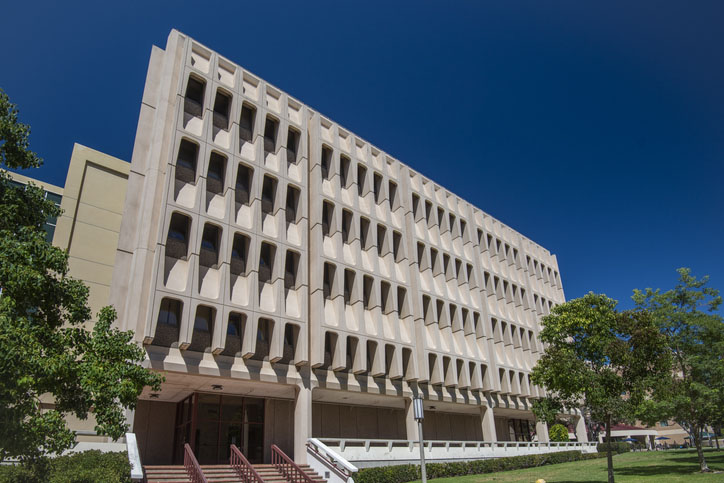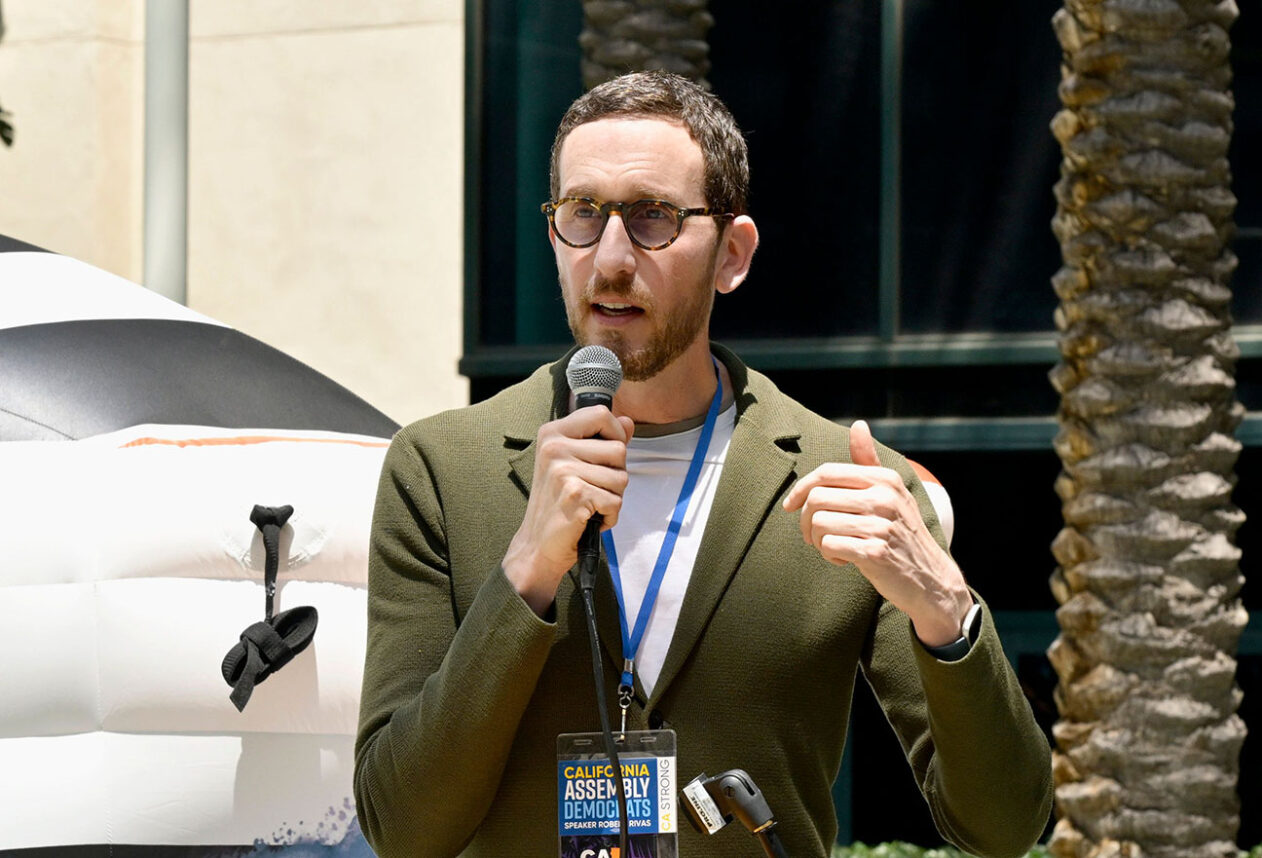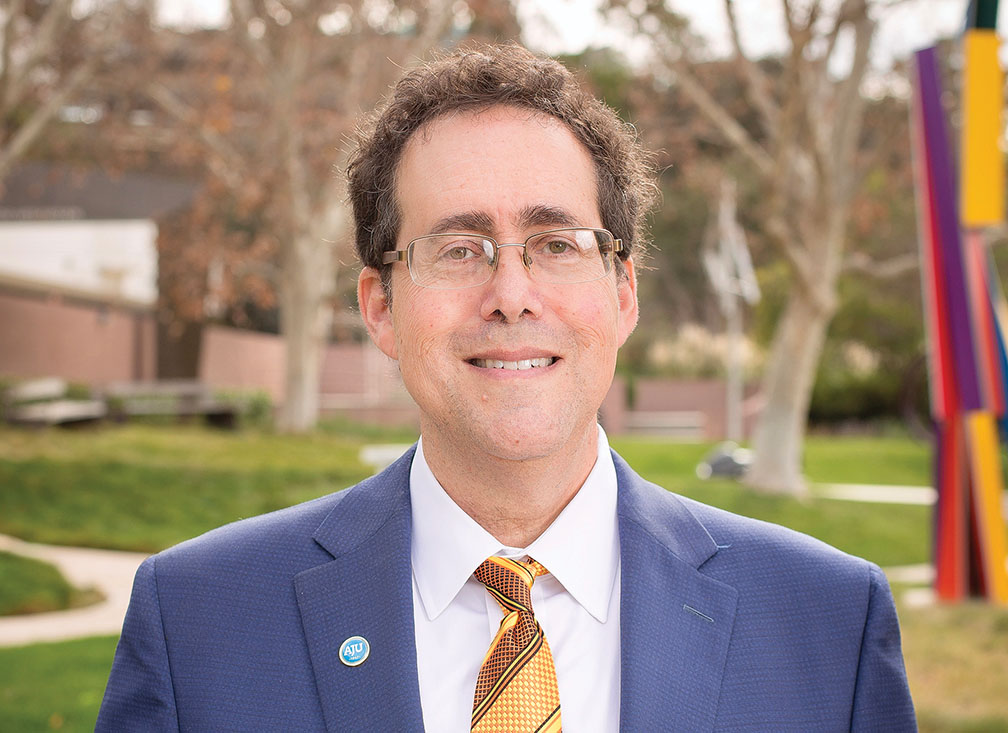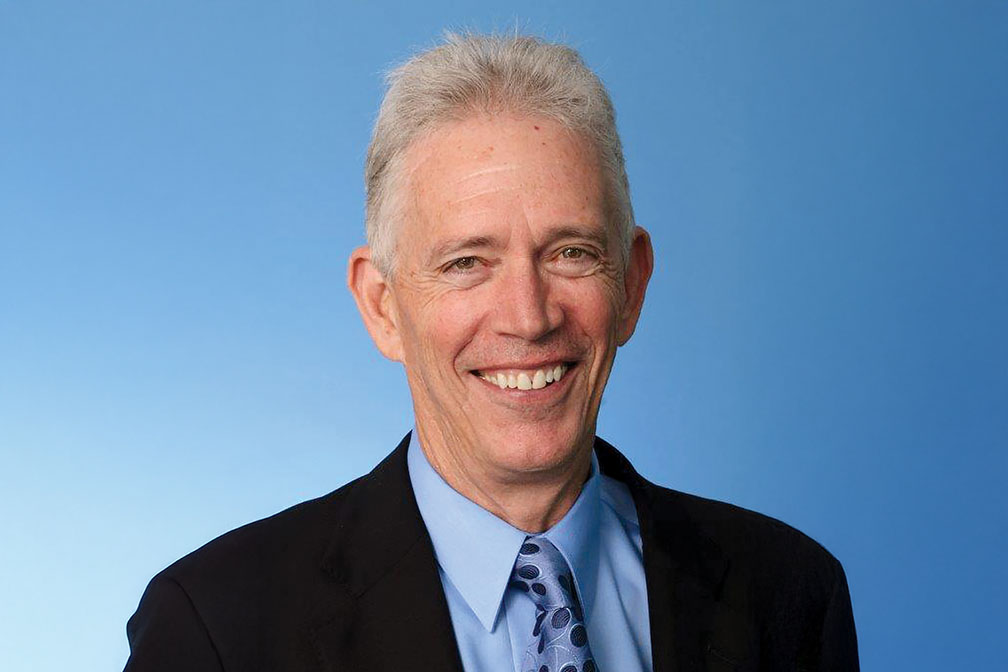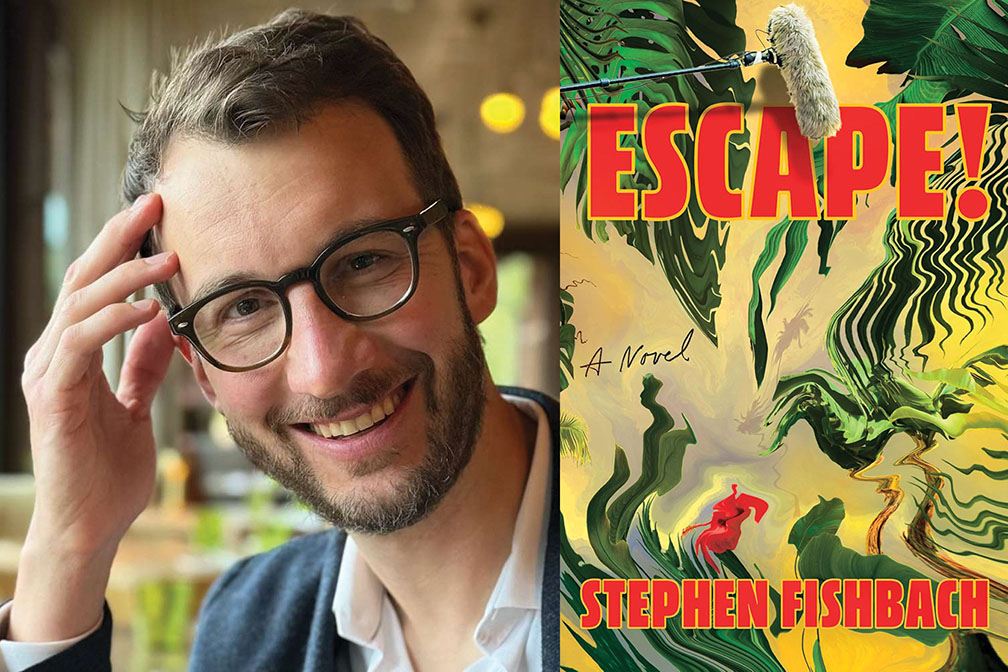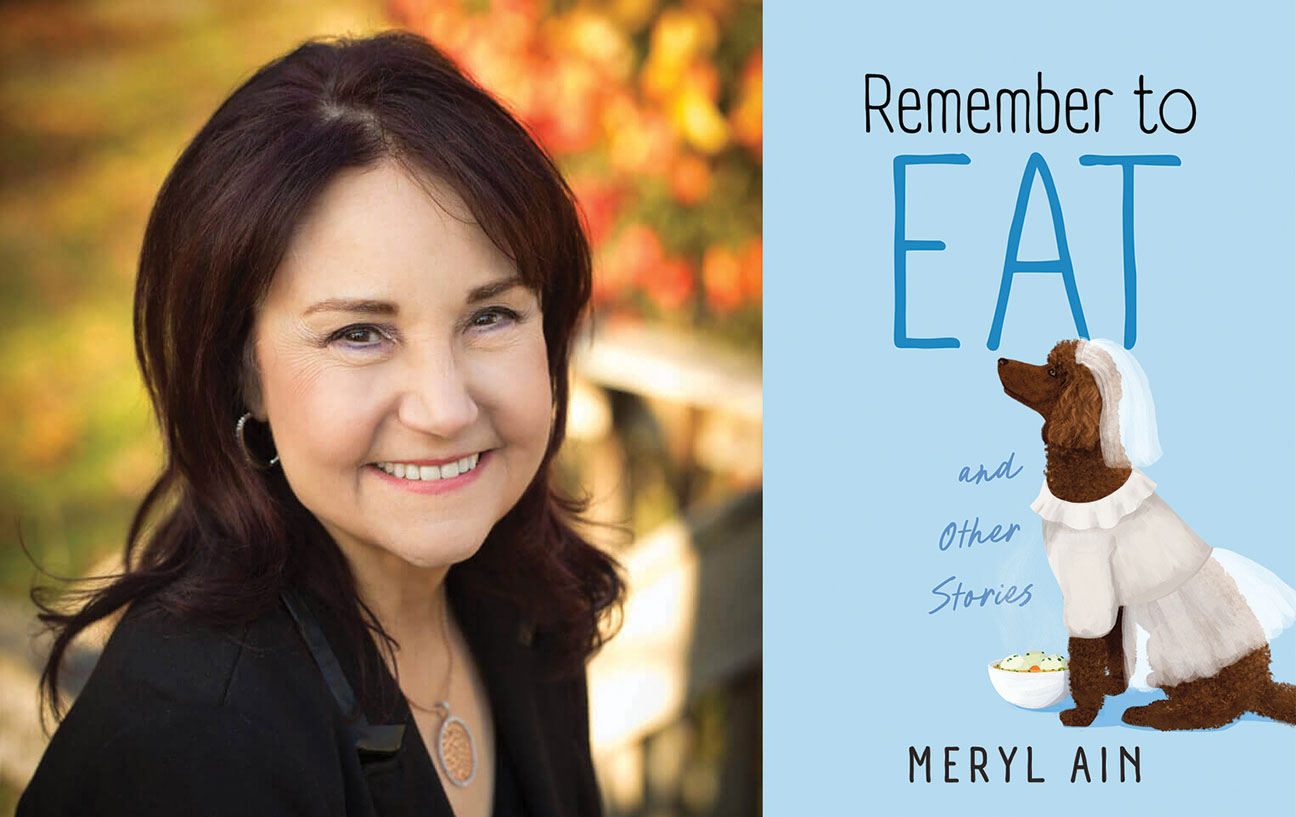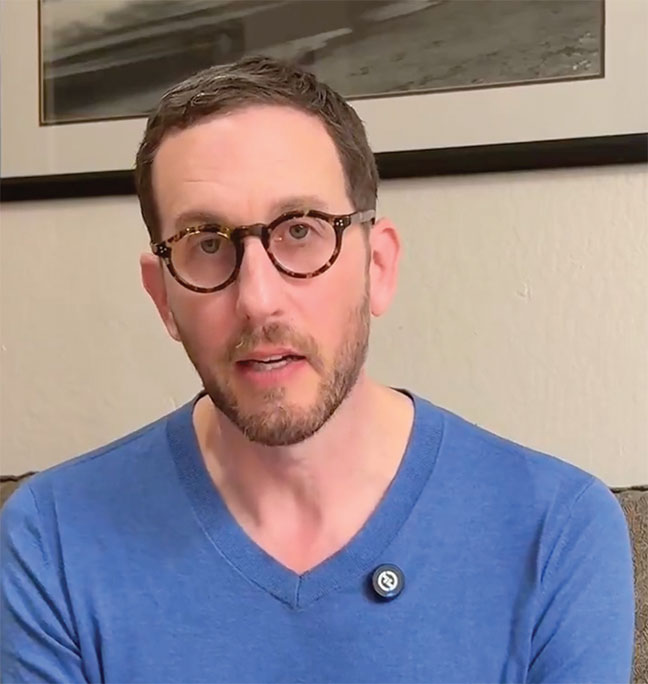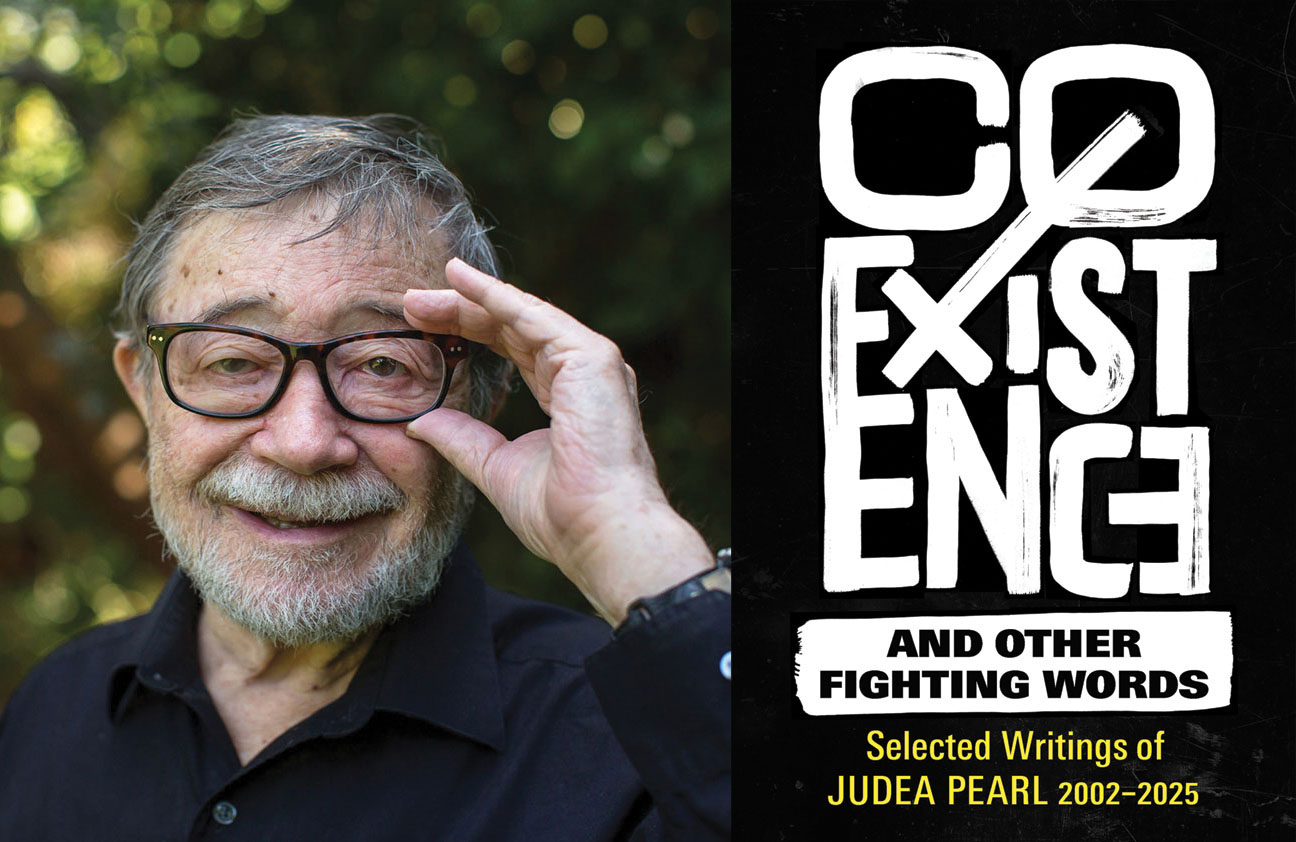
Roe Gruber and her adult daughter, Daniella, congregants of Congregation B’nai Israel, a Conservative community in Tustin, CA, run a boutique travel agency, Escapes Unlimited, which specializes in exotic, hard-to-reach destinations, from Bhutan to Belize, Nicaragua to Namibia. But the two have a longstanding connection with Cuba, including a period in the early 2000s when they lived there.
Recently, with the support of their synagogue, they started hosting “Mitzvah Missions” to Cuba. Their most recent mission to Cuba, taking place in February, delivered more than $15,000 worth of food, medicine and medical equipment to the small and struggling Jewish community there. It was enough to pay for food to last four to five months, they said in a recent phone interview.
“Plans are underway to make this an ongoing program,” Congregation B’nai Israel Rabbi Adam Greenwald told The Journal.
Participants of the eight-day trip to Cuba, which took place late February to early March, included the synagogue’s Rabbi Emeritus Eli Spitz, and Spitz’s wife. In total, 23 people participated in the trip, escorted by Daniella Gruber.
About two years ago, a separate fundraising effort raised approximately $13,000 for the Jews living in Cuba.
The cost of the trip per person is approximately $4,000, which includes airfare from Miami to Cuba as well as double occupancy at the hotels in Cuba. Trip admission includes a $500 tax-deductible donation to Jewish Cuba Connection, which buys food packages for Jewish families and seniors in need in Cuba.
“It’s a lot easier to raise the money for food by doing the trips and just charging people $500 that goes to a nonprofit, because they can write it off on their taxes, and it’s how Jewish Cuba Connection gets money to buy food, so everybody wins,” Roe Gruber said. “And that’s what we’ve been trying to do.”
Currently, the need for assistance in Cuba is great. According to Roe, there’s a lack of food on supermarket shelves, and food prices are too high for anyone in Cuba to afford much anyway. Pharmacies lack basic medicines, and the shortage of fuel means the only cars on the road are tourist vehicles.
“You can buy food if you have relatives in the U.S. sending you money, but the items that are available are based on U.S. prices, which obviously the Cuban people cannot afford,” Roe said. “Something that would cost us $5 would be impossible for them to purchase. So, it’s very important; the food shipments are what is keeping them going.”
Stan Falkenstein, founder of Jewish Cuba Connection, a Los Angeles-based nonprofit that has supported the Jewish community in Cuba for years, has made several trips to Cuba, including on Roe Gruber’s first mission there in 2000. In a phone interview, he said that Cuba’s current leadership is largely focused on enriching itself, much at the expense of basic quality-of-life needs of the Cuban population.
“The country under the Castros was not an easy place. It was Communist, but there was some concern about having a minimal social safety net,” Falkenstein said, referring to Fidel and Raul Castro. “The current leadership is about whatever they can put in their pockets.”
Roe echoed this assessment.
“You have to look at the history,” she said. “Fidel, as bad he supposedly was, he did provide free education, medicine and housing — things that have deteriorated since then, since he’s no longer in power. His brother is not in power. The Cuban people told us that the guy who is running the show [current Cuban President Miguel Diaz-Canel] is more interested in getting tourist dollars than taking care of his people.”
Cuba continues to be a Communist country, and the Trump administration recently clamped down on U.S. travel there. Trump’s order, however, makes exceptions for certain kinds of visits; because these “Mitzvah Missions” are classified as “religious activities,” they are permitted.
Currently, there are an estimated 600-800 Jews living in Cuba, most of whom are based in Havana, though there are small Jewish communities in Cuban cities Santa Clara and Cienfuegos.
The Jewish population used to be larger—before the Cuban Revolution, an estimated 15,000 Jews lived in Cuba—but a significant number of young people have made aliyah to Israel or left for the States in search of better opportunities.
Additionally, past prohibitions against practicing religion led to a very high intermarriage rate, Falkenstein said. The remaining Cuban Jewish population is predominately elderly.
Still, signs of Jewish life in Cuba remain. There are three synagogues in Havana, including a Sephardic synagogue known as Centro Sefaradi that functions as a senior center. Beth Shalom in Havana, affiliated with the Conservative movement, operates like a Jewish community center. It hosts folk dances and offers Friday night services. And Adath Israel, a tiny Orthodox congregation, is home to the island-country’s only mikvah and holds daily services.

The Orthodox synagogue, said Falkenstein, a retired CPA, operates with the support of the Panamanian Jewish community. It’s home to a small pharmacy offering basic medications to those in need, both Jewish and non-Jewish.
Raising money for food shipments is essential to the “Mitzvah Missions.”The work is facilitated through Miami-based third parties that specialize in food shipments to the island. Additionally, participants of the Grubers’ trips bring along medicine, including insulin, antibiotics and aspirin, as well as medical supplies, such as centrifuges, that are needed by the Jewish and non-Jewish residents of Cuba.
On the trip in February, the group came across a Cuban doctor who had recently had hip replacement surgery and was recovering without any painkillers.
“I just took whatever Tylenol I had with me and said, ‘Here, please give this to this doctor,’ because, you know, to be working with no painkillers right after a hip replacement surgery, that’s intense,” Daniella Gruber said.
Already, the missions have proven to be a place where people who knew each other in their past lives have reconnected. When Daniella, a former student at the Orange County Jewish day school Tarbut v’Torah, led the latest trip, she was surprised that one of the participants was a former teacher of hers at the day school.

“It was funny because he hadn’t seen Daniella for 20-plus years, so he was pretty excited that she was going to be handling the group and was one of his former students,” Roe said. “He’s gotten so excited about working on this and helping with this.”
Ultimately, the Grubers are hoping more people show interest in participating in future missions, whether coming along in person or providing donations for food shipments.
“We want to do these missions again because the need is so great,” Roe said, “and I think that people feel really good about helping this way.”
Upcoming missions to Cuba are scheduled for Dec 4-12, 2025, Jan. 22-29, 2026, and Feb. 19-26, 2026. Anyone interested in joining a future ‘Mitzvah Mission’ or donating to support food shipments, contact Roe Gruber at (714) 508-0170 or (800) 243-7227.














